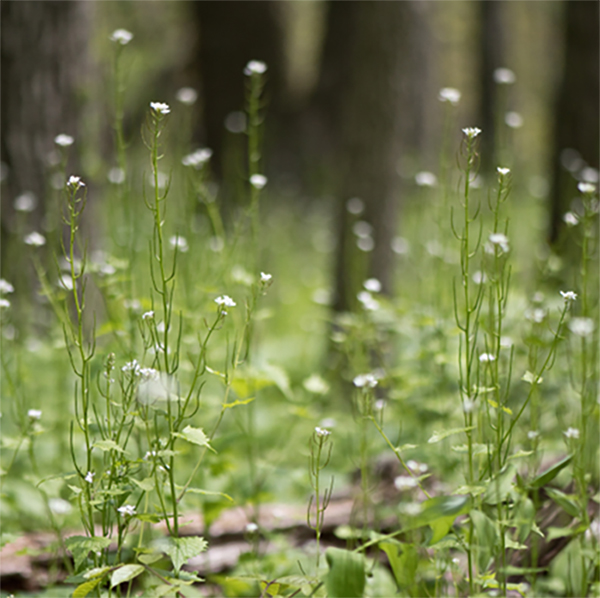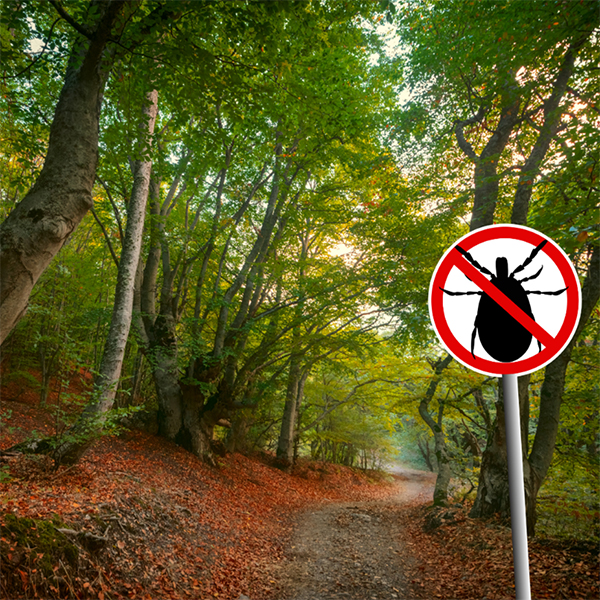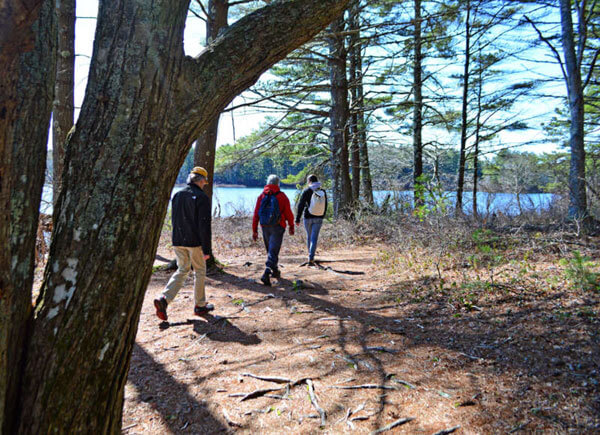
As the weather warms and outdoor enthusiasts flock to outdoor hiking trails, a silent threat looms amidst the natural beauty: ticks and mosquitoes, and the risk of diseases they carry. While Cape Cod’s beauty beckons hikers and nature lovers alike, the dense forests and lush vegetation provide the perfect habitat for these tiny parasites.
Be Aware of Tick Bites
Ticks, especially the black-legged tick, thrive in wooded areas, tall grasses, and brush, waiting to latch onto unsuspecting hosts as they pass by. Lyme disease, transmitted through the bite of infected black-legged ticks, poses a significant health risk to those exploring the outdoors of the Northeast. Early symptoms can include fever, fatigue, headache, and a characteristic “bullseye” rash, but if left untreated, Lyme disease can lead to more severe complications affecting the joints, heart, and nervous system.
Mosquitoes Can Also Pose Health Risks
The mosquito is another pest often encountered on the Cape, that can potentially be a carrier of the West Nile virus or even less frequently the eastern equine encephalitis virus. Although most mosquitoes on the Cape and in Massachusetts do not carry these viruses, it is always good to take precautions during peak mosquito times from dusk to dawn.
In Massachusetts, the virus is most often identified in mosquitoes found in and around freshwater, wooded swamps. According to the Department of Public Health, these encounters are rare, but the effects can be serious so precautions should be taken to avoid bites. Luckily, many of the precautionary measure to avoid mosquito bites are the same as tick bites.
How to Avoid Ticks & Mosquito Bites
To mitigate the risk of both mosquito and tick bites and with their accompanying diseases, hikers and outdoor enthusiasts should take precautionary measures before hitting the trails. Wearing long sleeves, pants, and light-colored clothing can help deter ticks, as well as using DEET insect repellent, permethrin, or oil of lemon eucalyptus on exposed skin and clothing.
It is essential to conduct thorough tick checks after spending time outdoors, paying close attention to warm and moist areas of the body, such as the scalp, armpits, and groin. If you complete a “tick-check” directly after a hike or walk in the woods, ticks can often be removed from clothing before they bite or removing them soon after they bite will lessen the chance of contracting Lyme Disease.
Moreover, staying on marked trails and avoiding dense vegetation can reduce the likelihood of encountering ticks and mosquitoes. Upon returning home, promptly showering and washing clothing can help remove any unseen ticks before they have a chance to attach. Additionally, pet owners should regularly check their furry companions for ticks, as they can also transmit Lyme disease to humans.
Enjoying the Great Outdoors

If you are looking to get outdoors this spring, a beautiful option is the Great Island Trail in Wellfleet, renowned for its stunning coastal views and diverse wildlife habitats. The Beech Forest Trail in Provincetown also offers a serene woodland experience, with towering beech trees and tranquil ponds providing a peaceful escape from the bustle of the town. Finally, the Fort Hill Trail in Eastham crosses open fields and offers gorgeous views of Nauset Marsh.
Whether you are looking for a laid-back loop or a more challenging trek to an overlook, you will be sure to find it on the Cape. Check out more hikes on Cape Cod. Or if you are hiking with children you may want to select easier trails with interesting features to keep young minds engaged.
The area’s natural beauty is enticing and there are so many beautiful outdoor options, but it is essential to remain vigilant and aware of the potential dangers posed by ticks and Lyme disease. By taking proactive measures and staying informed, outdoor enthusiasts can safely enjoy all that the great outdoors has to offer.










